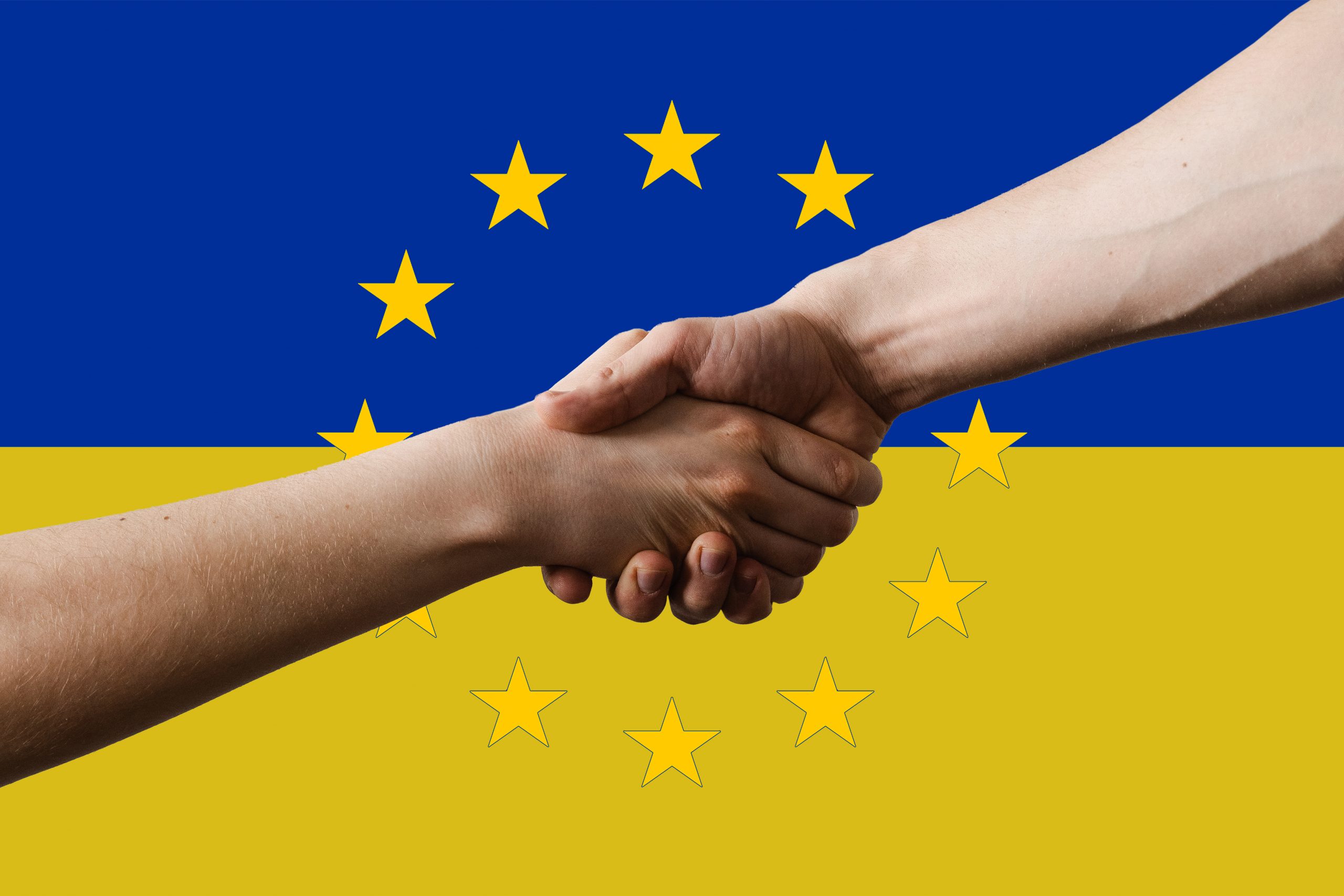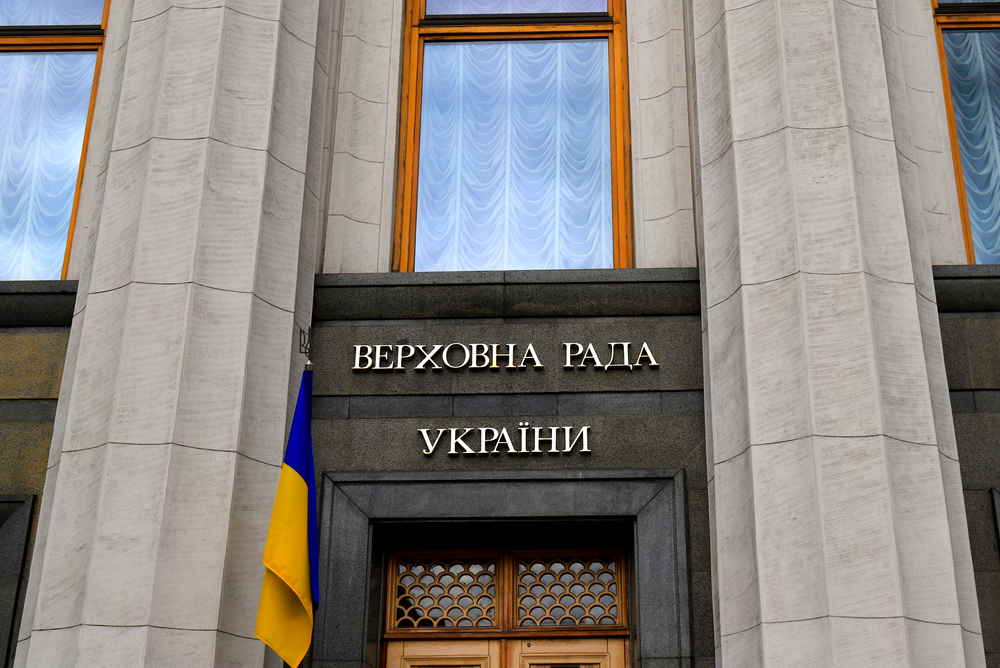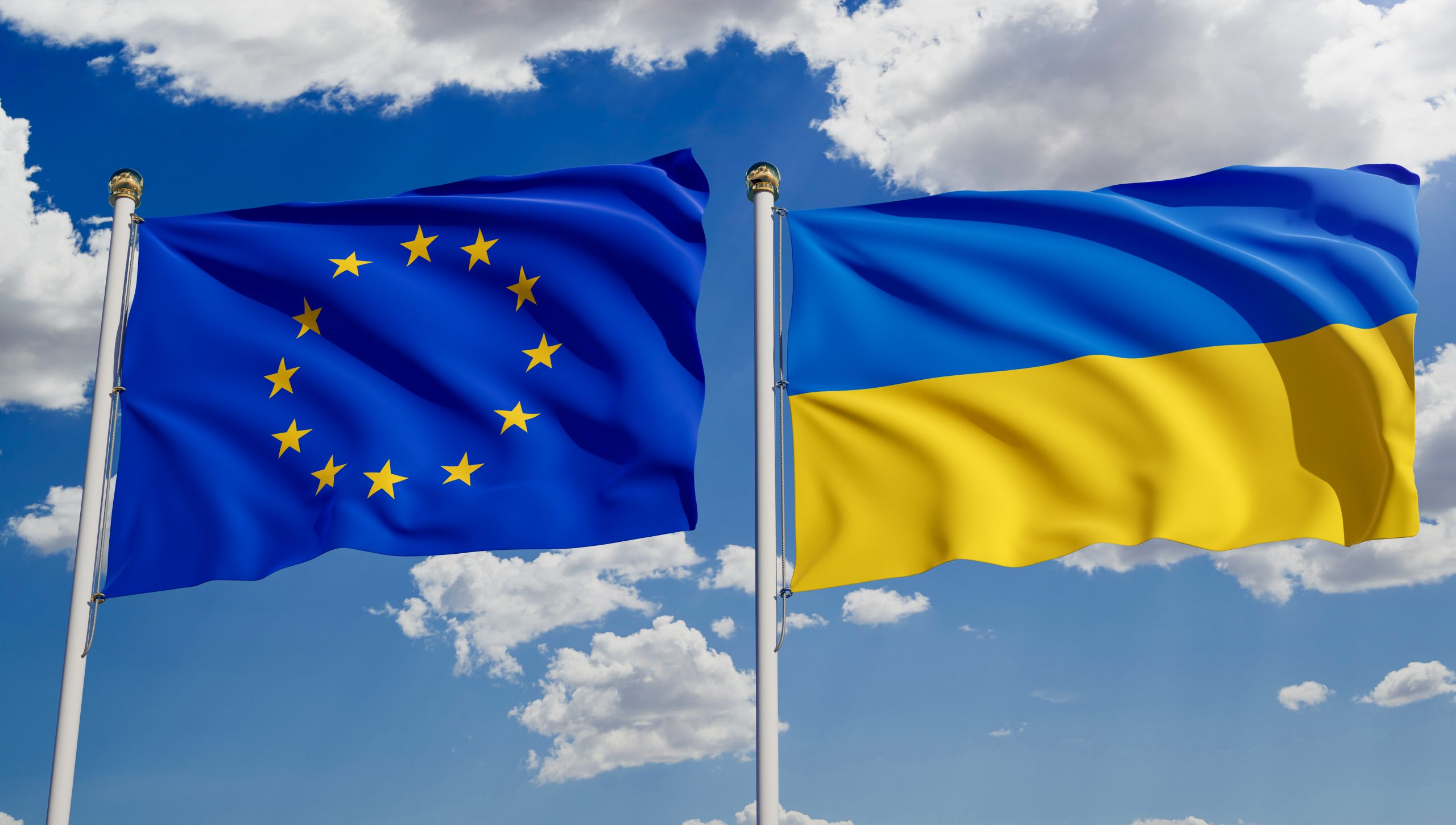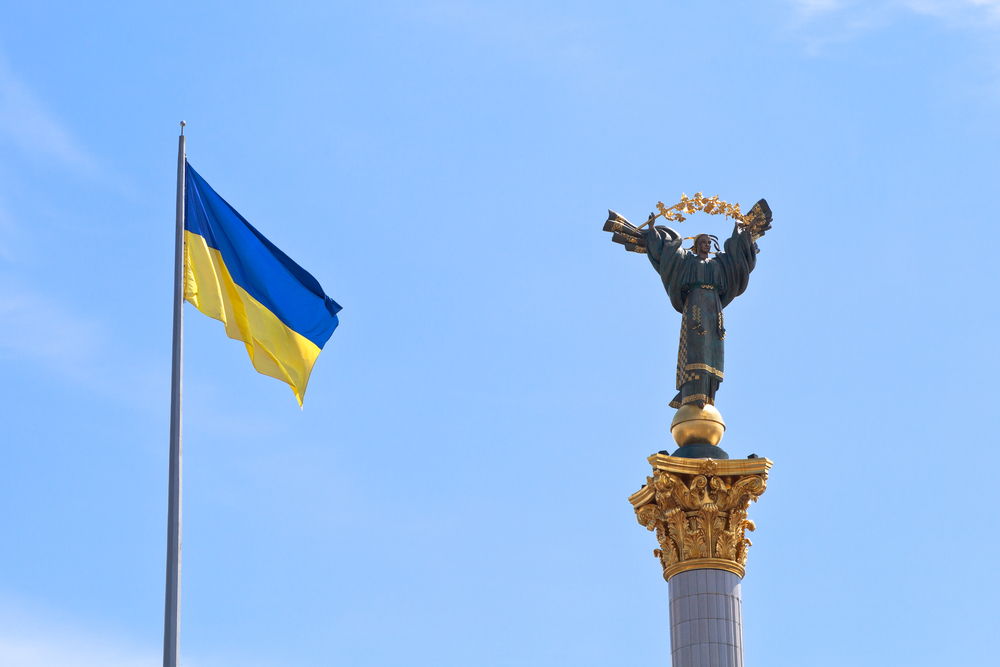While Moscow is trying to turn Ukraine to its side, the government is working on deepening of Eurointegration
Protests of active Ukrainian citizens against the surrender to the Kremlin represented by the new government’s adoption of Steinmeier Formula, and the intensity of public debate on the subject, encourage us to assess the place of Ukraine on its path to European integration and identify what the Ukrainian authorities and the Ukrainian people really want.
Strange as it might sound today, having voted for Volodymyr Zelenskyy and his party, a large part of Ukraine’s population expressed support for European integration. The reasons for supporting a candidate other than Petro Poroshenko were not related to foreign policy, but to the internal political failures of his team. Therefore, accusations made by the 25 percent of Ukrainians who voted for Poroshenko against the 73 percent of Ukrainians who voted for Zelenskyy that Zelenskyy supporters are not “pro-Ukrainian” or do not care whether Ukraine is “moving to Europe” or “surrendering to Russia” do not give regard to the motivations behind the expression of political will of a majority of Ukrainians.
The new president and his government are currently declaring a course for the West. Key appointments confirm this statement: Foreign Minister Vadym Prystajko was Ukraine’s representative at NATO during Poroshenko’s presidency; Vice-Prime Minister for European Integration Dmytro Kuleba is a former ambassador to the Council of Europe. In addition, the government, headed by Oleksii Goncharuk, presented a programme which established goals for the fulfilment of the four Copenhagen criteria, namely the economic criterion, which in turn will boost the effective implementation of the other three criteria: democratic governance, human rights and implementation of acquis communautaire (legislation of the EU). In addition, the programme identifies European integration as a priority, though it is not mentioned on the first pages of the document.
In the very near future, Ukrainian experts – and Ukrainian society – will make assessments of the adoption of the Steinmeier Formula, the opening of the land market, oligarchic influence, or the possible other “hidden agenda” of the country’s new leaders. These developments, and other controversial actions by the new government, might suggest a different direction for Ukraine than European integration.
It is equally important to focus on what the Ukrainian people expect in foreign policy, in spite of their expectations of domestic policy.
According to Pew Research Centre’s data from 14 October 2019, 79 percent of Ukrainians have a positive attitude towards the EU.
Polls conducted by Rating, the Social Monitoring Centre, and the Ukrainian Institute of Social Research, which took place between 30 April and 10 May 2019, that is, after the second round of the presidential elections, reveal that 57 percent of Ukrainians viewed European integration positively.
At the same time, 19.6 percent of people spoke in favour of restoring pragmatic economic relations with Russia, Belarus, Kazakhstan, and other CIS countries.
Thus, the majority of Ukrainian population, including those who voted for Volodymyr Zelenskyy in the second round, strive for what Europe has achieved in terms of economic wellbeing, respect for human rights, and partnerships, and do not wish at all for what Russia offers, being structures such as the Eurasian Economic Union (EAEU), and the Kremlin enforcing its own approach to domestic policy and economic blackmail on its partners. The most recent striking example of such blackmail is Russia’s attempts to pressure its partners in the EAEU and Ukraine following complications in coal transit processes from Kazakhstan and Kyrgyzstan. A representative of the Entrepreneurs’ Chamber of Kazakhstan complained at one EAEU meeting that the Russian economic ministry imposes quotas – that is, blocks – on the export of Kazakh coal to Ukraine, despite this being a violation of the EAEU’s Customs Code. This is simply one example of Russia’s “friendly” pressure on its partners.
In addition to equal relations, the benefits that the EU provides to Ukraine, compared to what the Eurasian Economic Union offers, are immense:
- Visa-free travel to Schengen countries – countries which care for their citizens’ welfare. A record number of Ukrainians holidayed in Europe in summer 2019;
- 500 million potential consumers in the EU, from whom the Ukrainian economy may benefit, given free trade arrangements with countries where widespread and endemic corruption has been eradicated – countries respecting the rule of law; and
- EU educational programs and financing of infrastructure projects.
All of it offers Ukraine a significant chance to improve the standard of living of its nationals.
Finally, of course, the permanent monitoring, by the EU, of Ukraine’s implementation of the Association Agreement should act as a safeguard against a breach by the Ukrainian authorities of the trust extended to Ukraine by its European partners.
No initiative of Moscow can therefore compare to what the EU offers for structural changes in Ukraine’s economy – changes to stimulate business, improve financial wellbeing and, at the same time, positively impact the rights and freedoms of Ukrainian citizens.
Fortunately, the new Ukrainian government’s intentions are now, at least publicly, directed towards Brussels, rather than Moscow. In an interview with European Pravda, Ukraine’s Vice-Prime Minister for European Integration, Dmytro Kuleba, said that Ukraine should not turn to the CIS, which he called a “club of losers”. Moreover, Mr. Kuleba stressed his belief that Ukraine is able to meet all criteria for EU membership, and reiterated that he does not consider mere association with Europe as an end-goal for Ukraine.
Marta Barandiy, LL.M. Ph.D., Brussels based analyst in the field of International Law, Founder of the NGO “Promote Ukraine”, Brussels






 UA
UA FR
FR DE
DE



